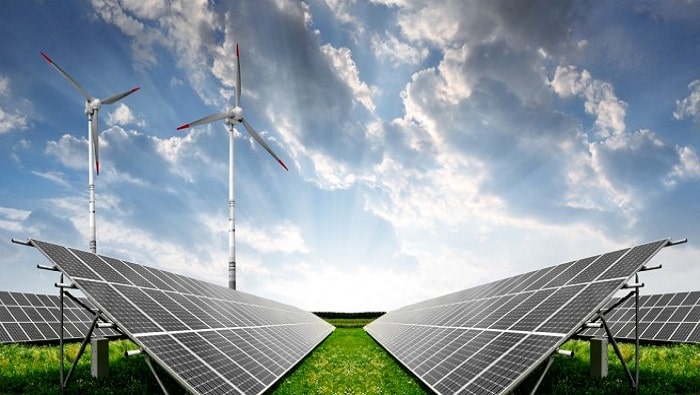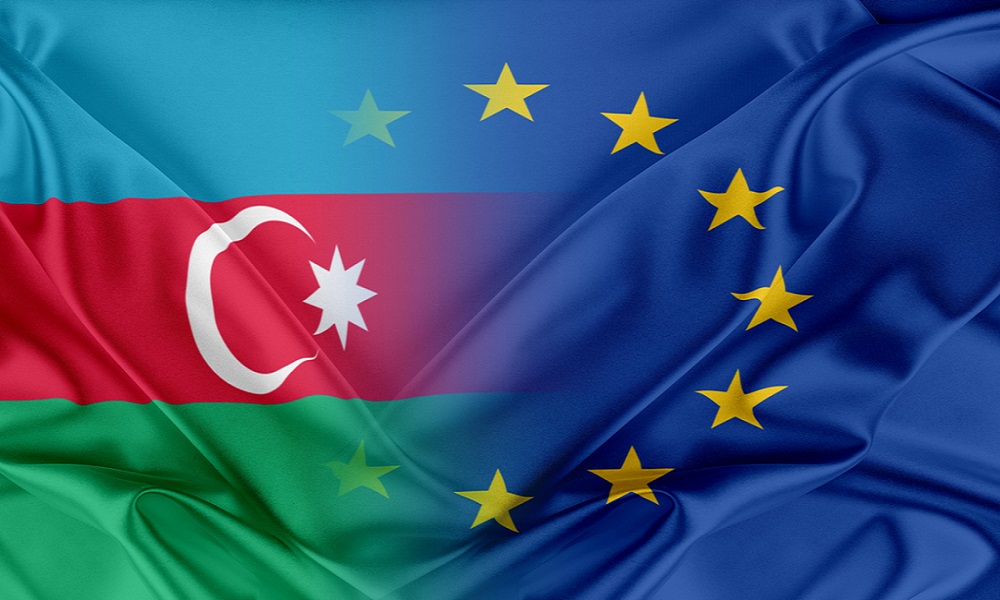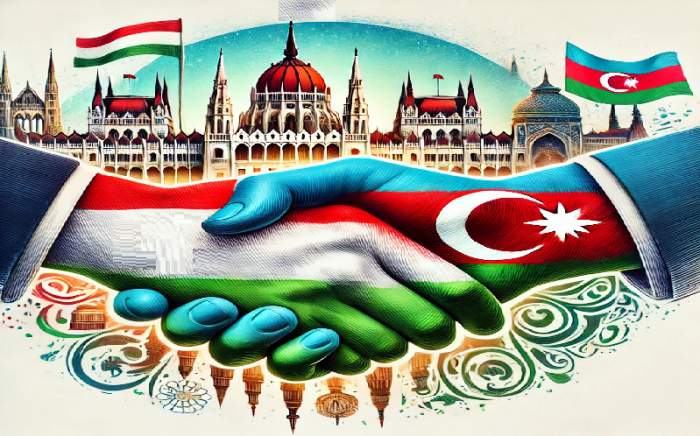Hungary and Azerbaijan have forged a strong strategic partnership that extends well beyond the energy sector to encompass trade, infrastructure projects, healthcare, and cutting-edge technologies.
This relationship, built on mutual trust and long-term cooperation, is a testament to the growing role of mid-sized powers in shaping global economic and geopolitical landscapes. However, the key question remains: how sustainable is this partnership in the long run, and what new opportunities does it offer for both countries?
Prime Minister Viktor Orbán’s foreign policy has been marked by a pragmatic approach to international alliances. His engagement with the Turkic world, particularly Azerbaijan, is not merely symbolic but serves Hungary’s broader strategic interests. This partnership allows Budapest to bolster its standing within the European Union while simultaneously strengthening ties with non-EU economies, which are becoming increasingly vital in a rapidly shifting global order.

For Brussels, diversifying energy supply chains has become a critical priority, especially in the wake of geopolitical tensions that have disrupted traditional routes. Cooperation with Azerbaijan, a key energy supplier to Europe, aligns perfectly with this strategy. Yet Orbán’s vision extends beyond energy. The region serves as a crucial transit corridor between China and Europe, positioning Hungary as an essential player in the evolving Eurasian trade network.
In this context, Azerbaijani gas is a vital resource, but as Orbán himself has emphasized, the bilateral relationship is not just about energy—it is also about shared strategic goals and historical connections. The two nations have emphasized their cultural and historical ties, reinforcing a partnership that is based not only on economic logic but also on political affinity.
One of the most significant milestones in Hungary-Azerbaijan cooperation has been Hungary’s recent acquisition of a 5% stake in the Shah Deniz gas field, one of the largest natural gas fields in the world. This move is not just a financial investment but a strategic decision aimed at securing Hungary’s energy future. With the volatility of global energy markets and the EU’s increasing focus on reducing dependence on Russian supplies, Budapest’s involvement in the Shah Deniz project provides greater energy security and insulation from price shocks.

Beyond traditional fossil fuels, Hungary and Azerbaijan are also collaborating on renewable energy projects. One of the most ambitious initiatives is the construction of a subsea electricity cable across the Black Sea, which would allow Azerbaijan to export green energy to Europe. This project, known as the Green Energy Corridor, has the potential to significantly alter the regional energy balance by providing Europe with an alternative source of sustainable power.
For Hungary, participating in this initiative is a strategic move that aligns with the EU’s long-term energy transition goals. By investing in both conventional and renewable energy partnerships with Azerbaijan, Hungary is ensuring its role as a key energy hub in Central Europe, capable of balancing its energy needs with the EU’s broader decarbonization agenda.

While energy remains the backbone of Hungary-Azerbaijan cooperation, economic diversification is playing an increasingly important role in strengthening bilateral ties. Hungarian businesses have been actively expanding their presence in Azerbaijan’s industrial sector, transport infrastructure, and pharmaceutical industry.
Infrastructure and Transport: Hungarian companies have shown interest in Azerbaijan’s ambitious infrastructure projects, including the development of logistics hubs and modern transport corridors that connect Asia and Europe. With the rise of the Middle Corridor initiative, Azerbaijan is emerging as a vital transit route for goods moving between China and Europe. Hungary’s engagement in these projects not only strengthens its trade links with Azerbaijan but also enhances its connectivity with Asian markets.
Pharmaceutical Industry: The Hungarian pharmaceutical company Richter has established a strong presence in Azerbaijan, focusing on contract-based pharmaceutical production. This sector represents an area of high-growth potential as Azerbaijan seeks to expand its domestic healthcare capabilities and reduce dependence on imported medicines.
Technology and Innovation: The two nations are also collaborating on technological innovation, with joint projects in smart cities, digital infrastructure, and renewable energy technologies. Hungary’s growing expertise in these fields complements Azerbaijan’s ambitions to modernize its economy and attract foreign investment.
Amid shifting geopolitical dynamics, Hungary’s role as an intermediary between Azerbaijan and the European Union is becoming more pronounced. Energy security remains a cornerstone of this relationship, with the EU actively seeking Azerbaijani gas as an alternative to Russian supplies. However, other sectors are also gaining importance.

Hungary is positioning itself as a key advocate for Azerbaijan within the EU, facilitating dialogue and encouraging economic partnerships. Given its independent foreign policy stance within the bloc, Budapest has the flexibility to foster deeper engagement between Azerbaijan and European institutions.
One of the most ambitious joint projects is the Green Energy Corridor, which involves Azerbaijan, Georgia, Romania, Bulgaria, and Hungary. The initiative includes plans to construct the world’s longest underwater electricity transmission cable, paving the way for large-scale renewable energy exports from Azerbaijan to Europe. If successful, this project could redefine Europe’s energy landscape and further solidify Hungary-Azerbaijan relations as a strategic alliance.

The partnership between Azerbaijan and Hungary is far more than a simple energy alliance. It encompasses key economic sectors, strategic infrastructure projects, and long-term geopolitical goals. Built on mutual trust and pragmatic cooperation, this relationship has the potential to serve as a model for other mid-sized powers seeking to navigate today’s complex global environment.
As geopolitical uncertainties continue to reshape international alliances, Hungary and Azerbaijan stand out as a case study in how nations can leverage economic and strategic cooperation to advance their national interests. The key question remains: will both countries seize the full potential of this partnership and translate it into lasting regional influence?
(If you possess specialized knowledge and wish to contribute, please reach out to us at opinions@news.az).
